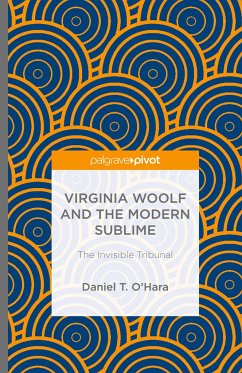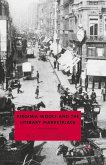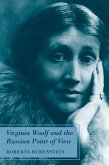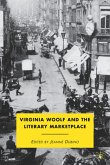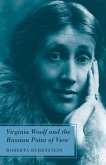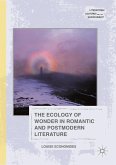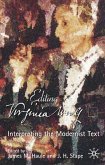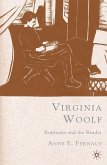Virginia Woolf and the Modern Sublime argues that Virginia Woolf transformed the sublime experience in her writing to make room for the democratic invention of female genius. From canonical to lesser known works, O'Hara places her ironic novels in the revisionary literary and critical tradition extending from the Elizabethans to the present.
Sublime Woolf was written in a burst of enthusiasm after the author, Daniel T. O'Hara was finally able to teach Virginia Woolf's modernist classics again. This book focuses on those uncanny visionary passages when in elaborating 'a moment of being,' as Woolf terms it, supplements creatively the imaginative resonance of the scene.
Sublime Woolf was written in a burst of enthusiasm after the author, Daniel T. O'Hara was finally able to teach Virginia Woolf's modernist classics again. This book focuses on those uncanny visionary passages when in elaborating 'a moment of being,' as Woolf terms it, supplements creatively the imaginative resonance of the scene.
"One of the century's great writers, Virginia Woolf was also one of its greatest readers. In Virginia Woolf and the Modern Sublime: The Invisible Tribunal, Daniel O'Hara demonstrates how Woolf's sensitive readings shape the exquisite character and sublime power of her own prose, which frequently combines the specific detail of modern experience with a grandeur associated with an earlier epoch. O'Hara's grounding in romanticism informs his revisionary interpretation of Woolf's modernism. As a result, O'Hara's study produces an aesthetically and historically rich understanding of not just Woolf's own corpus but also of the power of literature to shape ourselves and the worlds we inhabit."
Robert T. Tally Jr., Associate Professor of English, Texas State University, USA
Robert T. Tally Jr., Associate Professor of English, Texas State University, USA

